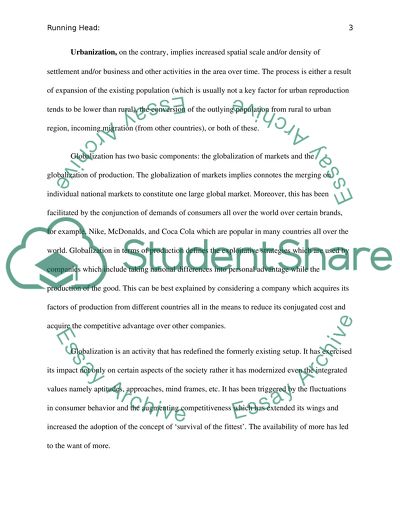Cite this document
(“Urbanization and Globalization: The Canadian Experience Essay”, n.d.)
Retrieved de https://studentshare.org/geography/1392289-urbanization-and-globalization-the-canadian
Retrieved de https://studentshare.org/geography/1392289-urbanization-and-globalization-the-canadian
(Urbanization and Globalization: The Canadian Experience Essay)
https://studentshare.org/geography/1392289-urbanization-and-globalization-the-canadian.
https://studentshare.org/geography/1392289-urbanization-and-globalization-the-canadian.
“Urbanization and Globalization: The Canadian Experience Essay”, n.d. https://studentshare.org/geography/1392289-urbanization-and-globalization-the-canadian.


